Interview: Ben Thomas
10/28/20
Between 1991-1995, Emmitt Smith, the Cowboys’ star Running Back, led the NFL in rushing yards for 4 out of 5 years, one of the most dominant stretches for any player. Emmitt Smith wasn’t the most physically imposing back, clocking in at just 5’9” and a little over 200 pounds, and was considered by many prospects as being undersized for the position. Nonetheless, Smith was shifty and quick, often making defenders miss. More than anything, Smith was known for his consistency, a player you could rely on year-after-year. Thanks to his longevity and consistency, Emmitt Smith would go on to become the NFL’s all-time leader in rushing yards, outpacing his second place opponent by more than 1,500 yards, a feat that will more than likely stand for years to come.
Less noted, during that time Emmitt Smith ran behind one of the most prolific offensive lines in the history of football, affectionately known as The Great Wall of Dallas (they even have a documentary named after them of the same name). Offensive linemen are mostly anonymous figures — they don’t throw passes or catch them and they rarely, I mean hardly ever, appear in commercials. Ironically, most offensive linemen would have it this way. (It’s a running joke in football that it’s a problem if you know an offensive lineman’s name, because it typically means the announcer is pointing out the times they’ve messed up). Mark Tuinei, Erik Williams, Mark Stepnoski, Nate Newton, John Gesek, Kevin Gogan, Larry Allen and others anchored the Cowboys through one of the most dominant periods in the history of the sport, helping propel Emmitt Smith to all-time status. (If you’re not a Cowboys fan — which I am not because I have morals — you know it’s the offensive line that deserves the credit, not Emmitt Smith).
Football is widely considered the ultimate team sport, and rightly so: nearly every movement on the field is predicated on that of another player, one misstep and everything runs the potential of falling apart.
Much like football, the music creation process relies on several interlocking parts. As listeners, we often hear the finished product and assume it simply arrived that way. It can be easy to forget that there are many other people involved in birthing the sound we take in. In music, you could say Producers, Recording Engineers, Mixers, and Songwriters, are the offensive lineman of the music creation process — their names often go unknown and they [typically] thrive on being in the background, but they are absolutely essential contributors.
——-
A little over a month ago, Ben Thomas, an Engineer, Producer, and Mixer opened his studio, After 5 Studios, a recording studio based in Philadelphia. At just 24 years old, Ben has already worked with some incredible artists, boasting a roster of credits which include the likes of Jazmine Sullivan, Bilal, Meek Mill, Chill Moody, Lil Uzi Vert and others. Following the opening of his studio, I got a chance to talk with him about his journey with music, his influences, and what he hopes the studio can offer! You can read our conversation below:
Stanley: What is your earliest memory of music? Who/what developed your passion for music?
Ben: Unlike most people, I wouldn’t say that I have an early memory of playing or listening to music. I played a few instruments in elementary school. My mother had a large CD collection when I was younger so I remember seeing those around the house. I also remember playing Guitar Hero when I was younger and that introduced me to Rock music and inspired me to learn how to play guitar and bass.
I would say that I was inspired by some of the great music teachers I had in high school. My jazz teacher Jeff Torchon was the one that got me to sign up for GRAMMY camp and going there really helped inspire me to want to be a professional Engineer. I had another music teacher, Duane Large who unfortunately passed away a few years ago who was one of the first people to believe in me and taught me a lot about music theory that I still use today
Stanley: As a producer, engineer, and mixer who are some of your influences/people you look to for inspiration?
Ben: I am very inspired by both some of the famous engineers as well as the mentors and people I've had around me that have helped me grow up and get better. In terms of the famous ones, people like Mixedbyali, Jaycen Josuha, Peter Katis, Greg Wells, Andrew Scheps, and more. I love that I am able to listen to their music as well as watch videos on websites like mixwiththemasters.com and puremix.net to learn about them and their workflow. However, to me, I'm way more inspired by the people close to me. Joe Logic, one of the best engineers from Philly ever has been a very very important mentor to me for years. He taught me the importance of being fast in Pro Tools and so many different ways to record effectively. He also has helped me with countless recording opportunities and connections. Over the past year and a half, I have built a very close friendship and working relationship with Cruz, Meek Mill's engineer. Cruz has become an invaluable member of my circle, offering both working opportunities and guidance on how to navigate the world of working with top level clients.
I think that Philadelphia has such a rich music culture. We have some of the best musicians in the world and such a long history of musical greatness. It's nothing new that is making it special, it's just in the water here.
Stanley: Philadelphia has a rich music history. You spent your high school years in Philadelphia, graduated from Temple, and you've worked with a range of artists from the city including, Jazmine Sullivan, Chill Moody, The Bul Bey, Meek Mill, and so many others.
You've been instrumental in shaping the sound of contemporary Philadelphia. I'm wondering what you see in the city, currently, that makes it special?
Ben: I was actually born in New York City. I moved to Philadelphia with my mother in 2009. I wouldn't consider myself instrumental to the sound of contemporary Philadelphia. I think that all of these artists have their own sound. My job is to capture it, refine it, and present their sound in the best possible light. Even without me, these artists would still sound like themselves.
I think that Philadelphia has such a rich music culture. We have some of the best musicians in the world and such a long history of musical greatness. It's nothing new that is making it special, it's just in the water here. I've been thankful to collaborate with people such as Bri Steves, Tierra Whack, Armani White, Andrea Valle, and Shawn Smith at the beginning of their careers. It's so great to see them accelerate and watch all of us grow. My favorite people to work with will always be my friends so it makes it awesome when my friends are winning. With artists like Chill Moody, Jazmine Sullivan, Meek Mill, Lil Uzi Vert, and Bilal, I have collaborated with them later on in their careers which is a different process to me. These artists already had a sound so I was able to help refine it and help present their sound in the best way.
Stanley: You recently opened your own recording studio, After 5 Studios, one of the few Black owned recording studios in Philadelphia. Could you walk us through your process of opening the studio? What do you hope the studio offers for the music community in Philadelphia and abroad?
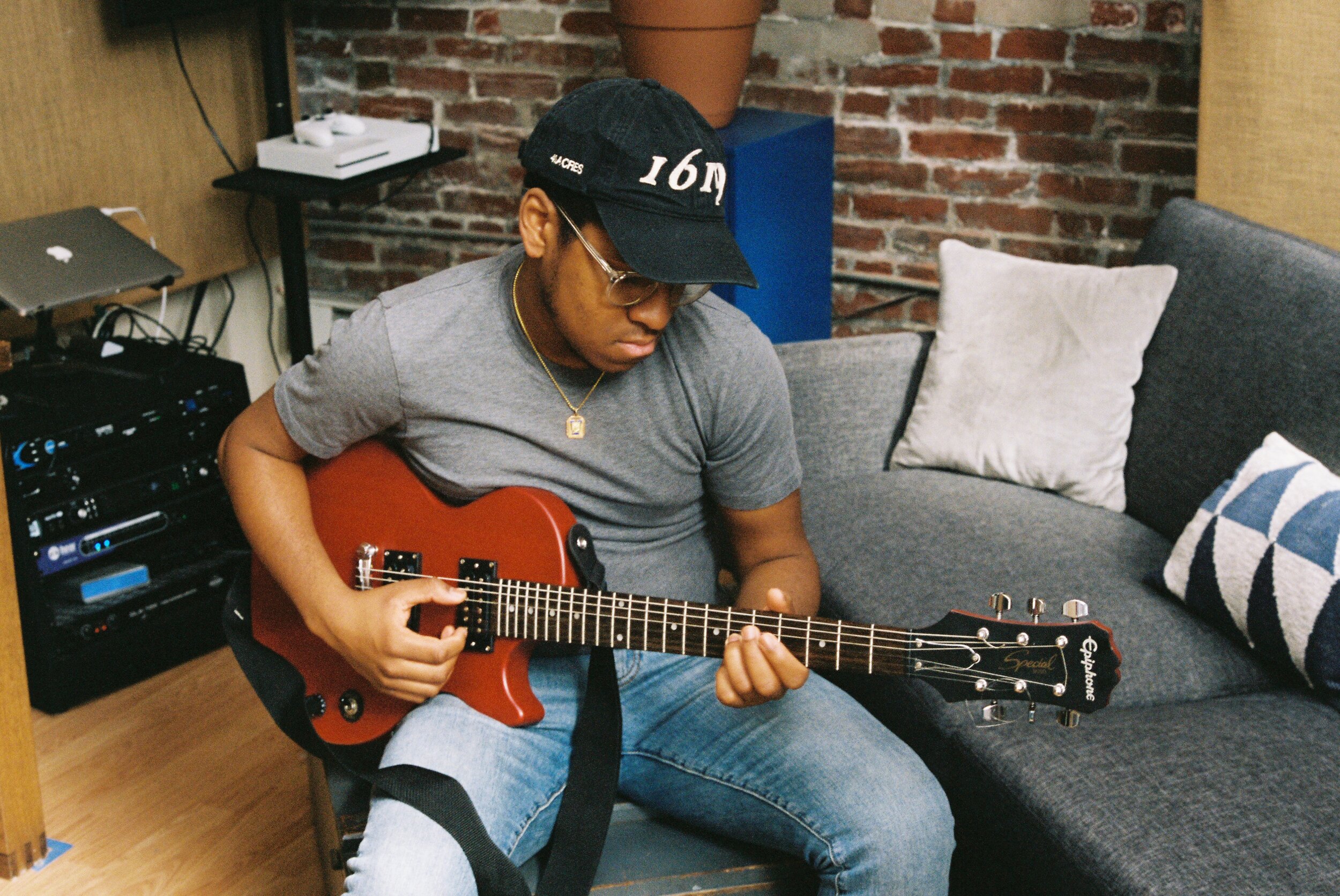
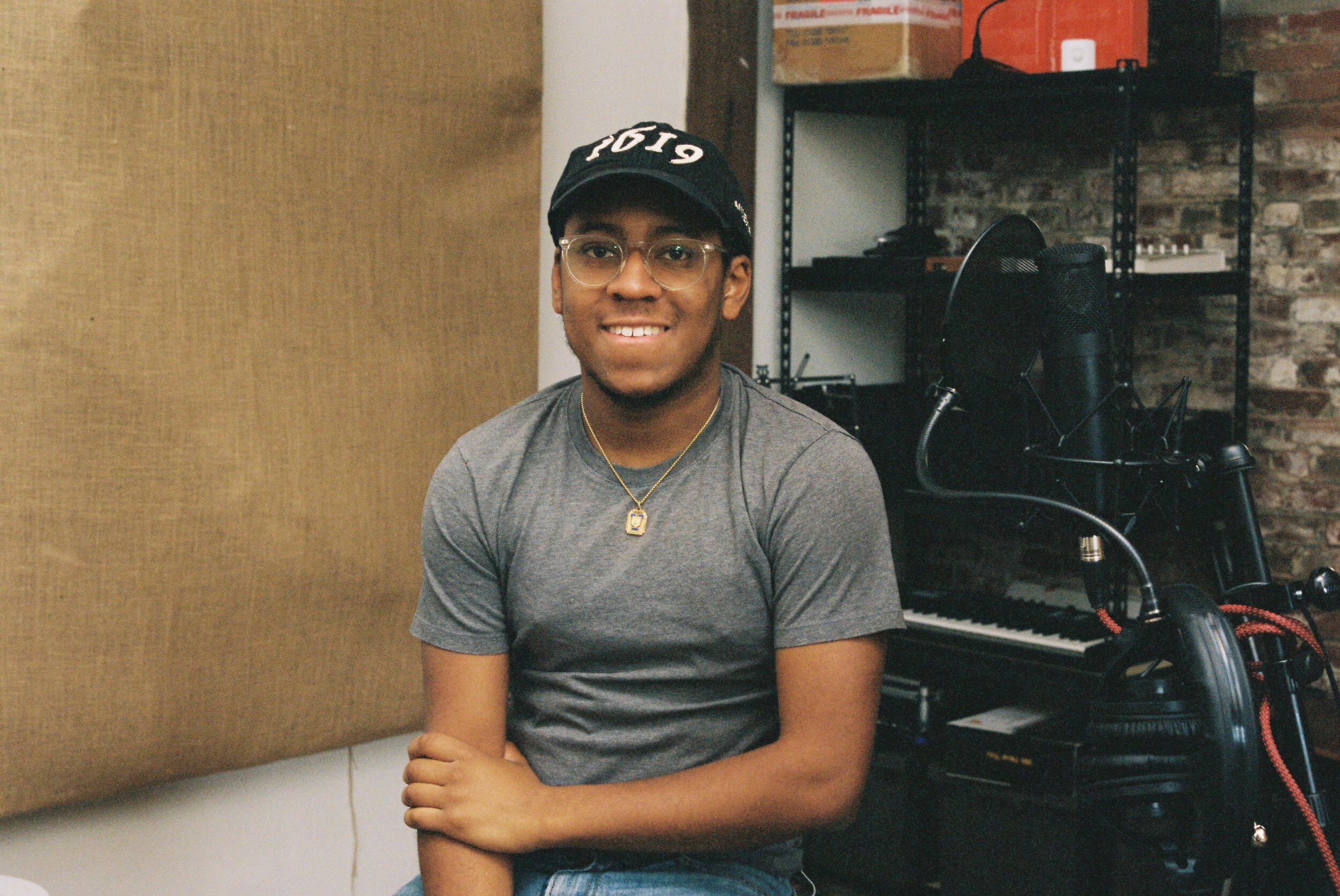
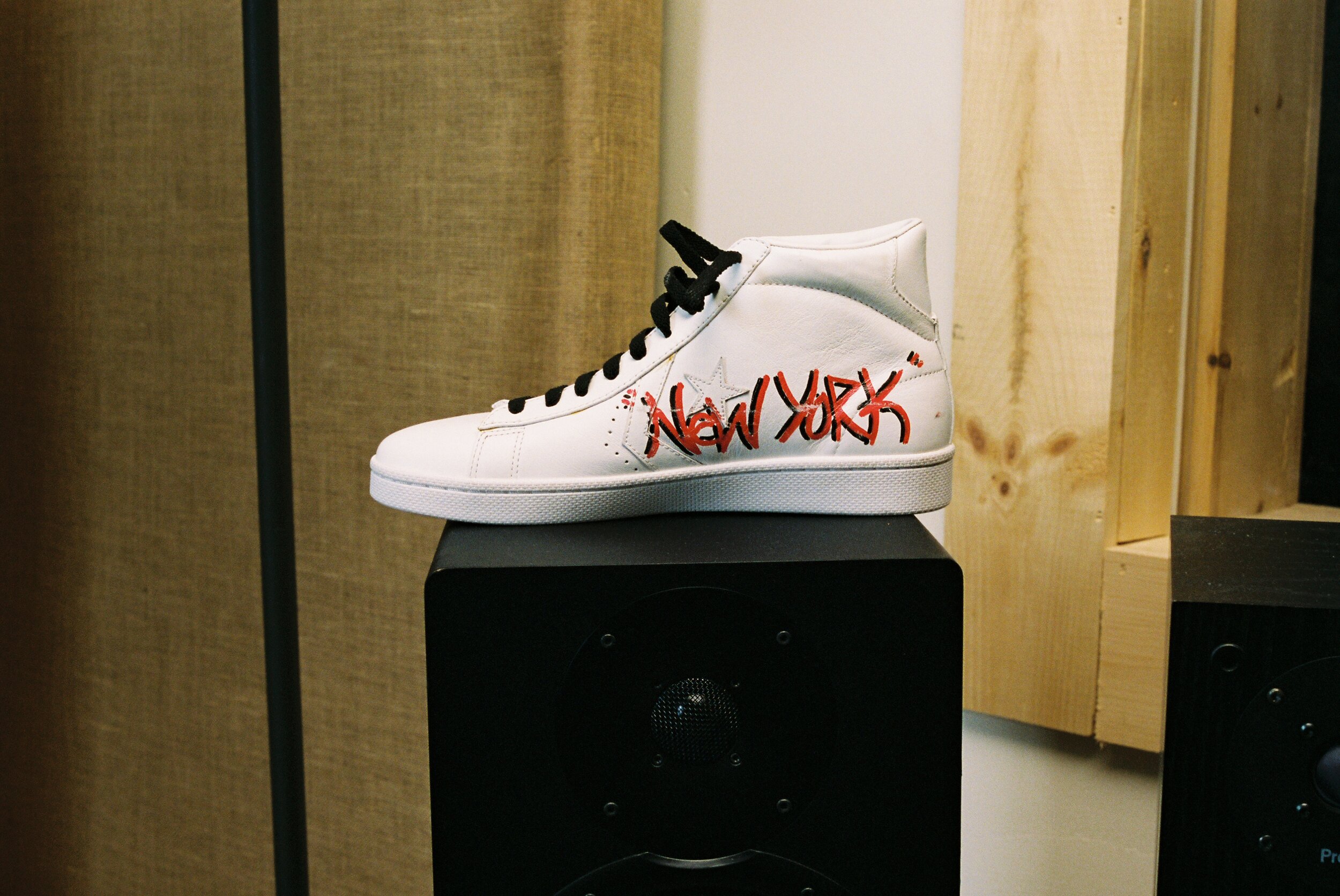
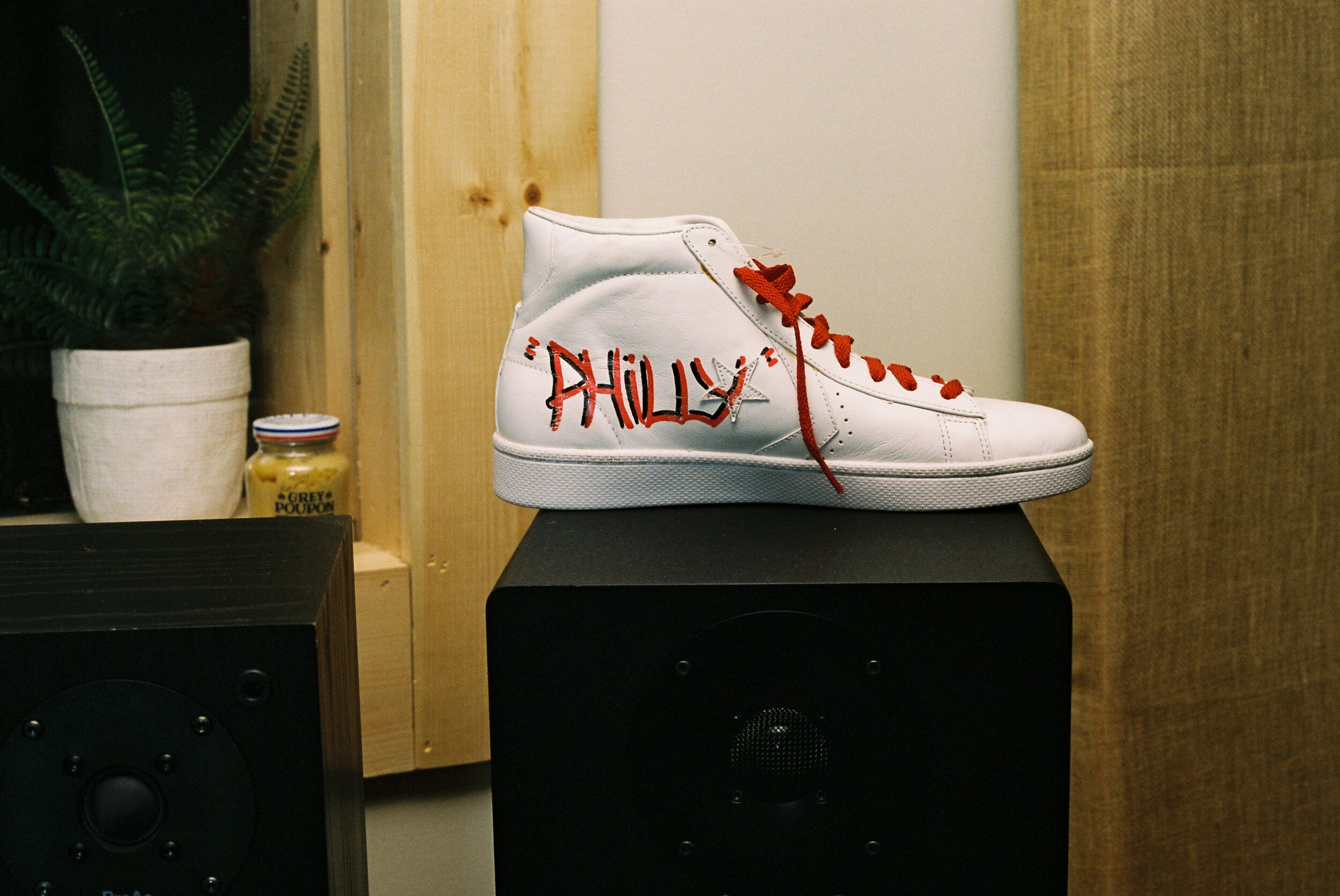
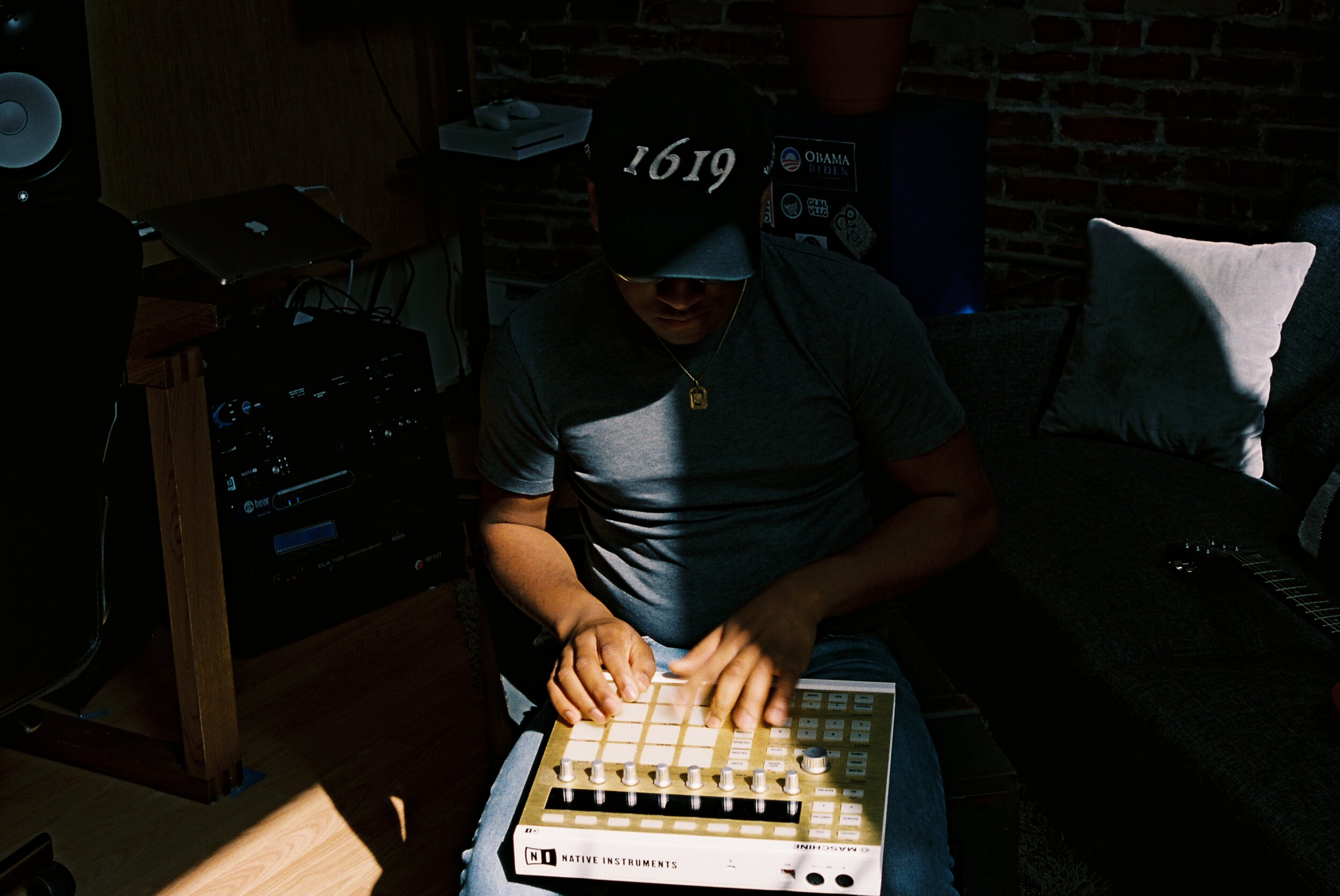
Ben: After 5 Studios is the culmination of years of work and growth in my business. I first started After 5 Studios in my mother's basement when I was in high school. It was the place where I was able to foster some of the great musical relationships I have now. When I went to Temple, I opened the Fireplace, a studio in my apartment. That space really helped me grow and get better. After graduation, I rented a small room in the famous 421 N 7th Street building, the home of Milkboy and Studio Breed. This room was where my professional post college career started. Now, After 5 Studios is where I will hopefully take the next step in my career. I did not originally open the space to be a commercial studio, I did it to just be my private workspace for me and my clients. After I finished it, it became clear to me that I could use the space to help provide opportunities for some of my other engineering friends who could use a dope space that was run well to work out of. I have been able to bring 3 amazing engineers onto the team to help service the music community here. My goal of the space is to have a studio where everything can fall into the background. The clients don't need to worry about there being snacks, water, working gear, phone chargers, candles, fancy lights, none of that. It is all taken care of for them so all they have to focus on is being creative.
Stanley: What do you foresee for yourself going forward, as a Mixer, Engineer, Producer, as well as for the studio? Any projects we can look forward to from you or coming out of the studio?
Ben: Right now, my main focus is continuing to get better as an engineer, doing more production, and building the studio into a self-sustaining place. I eventually want to build an even bigger space with multiple rooms. I want to help provide some of the same opportunities that I got that helped push my career forward. We have to sew into the younger generation, it is the only way that we can keep music going. In terms of projects, honestly, I never really know when stuff is coming out so I normally catch it when it's released. I've been blessed to be on kind of a run in 2020, having a release almost every week these days it seems like. Something cool that I am working on right now is #MoodyMondays with Chill Moody. We have been releasing a new song every Monday for most of the year in partnerships with United Masters. It's been great to get some songs out there, especially the ones that were dying on drives!

